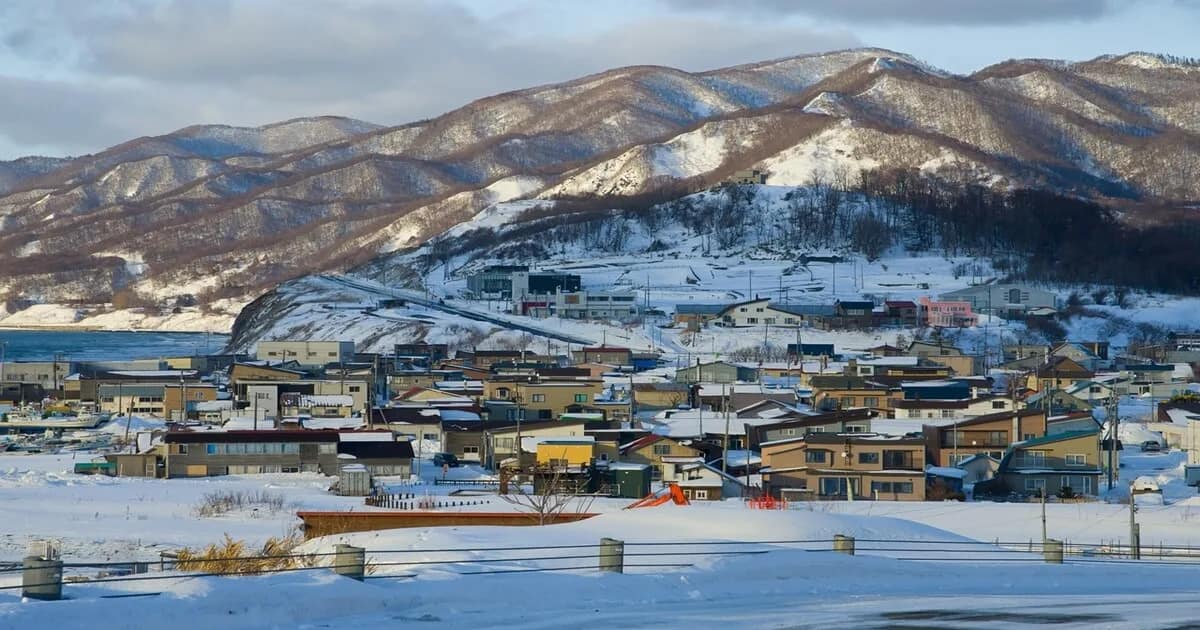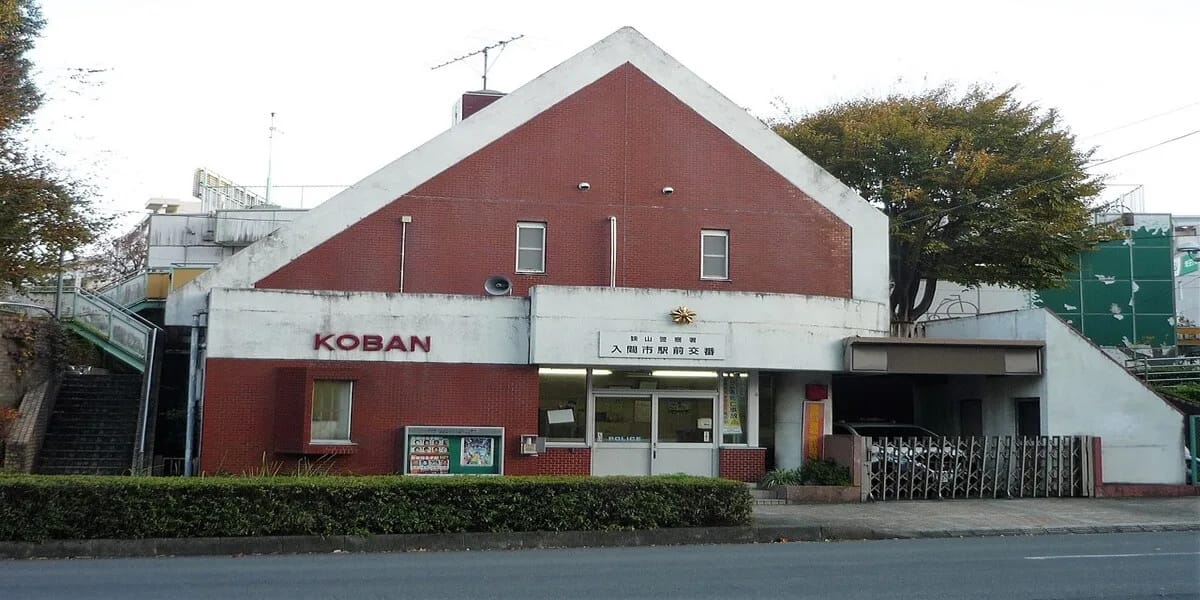Traveling to Japan is an experience with old traditions, new technology, and stunning natural beauty. Things to know before going to Japan, the Land of the Rising Sun, you should learn about Japanese culture, geography, and etiquette. Use these ideas to maximize your stay in Japan, from visa requirements to regional weather and local traditions.
Visa And Entry Requirements
Tourism in Japan has resumed, although Covid-related paperwork will not be required after April 29th, 2023. Japan has visa exemption agreements with numerous nations, so verify your nationality’s entrance requirements.
For 90 days, EU and American passport holders may visit Japan for leisure or business without a visa. Visitors from Britain and some European nations, including Germany, may stay for six months. However, passengers must have a valid passport from a visa-exempt nation and a return ticket for their stay.
To Know More Information about Japan Visa Click Here
Regional And Seasonal Variations
Things to know before going to Japan: Pack wisely since Japan’s climate varies by area and season. Summers are mild, and winters are frigid and snowy in northern Japan, especially in Hokkaido. The East and West have hot, humid summers but chilly, temperate winters. The climate of Tokyo varies from 2°C in winter to 31°C in summer, whereas central Japan has seasonal temperatures.

Plan for frigid weather in high-altitude places like Mt. Fuji, which averages -7°C. Like Okinawa, southern Japan’s subtropical islands feature hot, humid summers and mild winters. Events and attractions may also depend on your visit schedule. For instance, Japan’s cherry blossoms are best seen in spring, from January in the south to May in the north.
Safety And Security
As one of the safest nations, Japan is great for lone travelers. Pride, respect, and hard work are valued in the nation with minimal poverty and crime. Japan has little tolerance for drug usage, alcohol abuse, public immorality, and criminality.
Even in its largest cities, like Tokyo, ATMs, and late-night convenience shops are secure, with few guns. Residents and visitors feel comfortable and safe because of Japan’s zoning rules, strategically situated Kobans (small police stations), and high-traffic area patrols.

Currency And Payment Methods
Japan’s eateries and retailers favor cash payments. Most Japanese workers are paid in cash, which is widely used. Hotels and significant department shops may take debit and credit cards, but check before buying.
Travelers should bring extra yen since some smaller places don’t take cards. ATMs are plentiful in Japan, especially at 7-Eleven outlets, where cards are accepted 24/7, making cash withdrawals simple.
Public Transportation
Public transit in Japan is efficient and convenient, making it a great way to get about. A Japan Rail Pass, which includes unlimited travel on JR trains, including the Shinkansen bullet trains, local buses, and ferries, is suggested.
The pass costs about the same as two or three rail tickets, making it a bargain for travelers. The last trains leave between 11:30 pm and 1:00 am. Hence, the metro is inaccessible 24/7. Plan your trips to prevent getting stranded or paying exorbitant taxi charges.

Cultural Etiquette
Visitors should follow Japanese etiquette since the culture values politeness and respect. Shoes are removed in most homes, restaurants, hotels, and dressing rooms. Good manners include speaking gently in public, avoiding loud talk, and not pointing.
Japanese are conscious of their surroundings and welcome guests who respect their culture. Travelers may engage well with locals by being courteous, calm, and quiet.
Accommodation Options
Japan has accommodations for every budget and taste. Everyone can find anything they like, from ryokans to capsule hotels. Capsule hotels are cost-effective for budget tourists, with costs starting at ¥1,500 to ¥2,000 (€12) per night in major cities.

Ryokans provide a traditional, elegant experience for ¥10,000 to ¥20,000 (€120) each night. First-class hotel suites in Tokyo may cost up to ¥50,000 (€400) per night, providing a luxurious choice for guests.

Natural Disasters
Japan has around 1500 earthquakes every year. The nation is earthquake-ready with modern building designs; however, most are small. Travelers should know to “drop, cover, and hold on” and be calm in an earthquake. Japan also has a robust earthquake warning system that allows inhabitants and tourists to prepare.
Tattoo Culture
Some Japanese public baths and hot springs ban anyone with visible tattoos. Tattooed travelers should conceal themselves or find tattoo-friendly places to prevent difficulties. However, tattoo acceptance is changing, especially in bigger cities, and specific locations may be more tolerant than others. Respect local norms and be mindful of tattoo limitations while traveling.
Cuisine Beyond Sushi
Although sushi is the most recognized Japanese cuisine, Japan has many more dishes. Ramen, tempura, and Japanese steamed buns are available for all tastes. Japanese curry, okonomiyaki, and kakigori are other must-tries. Discovering Japan’s rich cuisine is a culinary delight.

Tipping Customs
Tipping is rare in Japan and may sometimes be disrespectful. Japanese service workers are compensated reasonably; thus, tipping is optional for excellent service. Instead of tipping, tourists may say thanks and know their service is appreciated.
Language And Communication
English may not be commonly spoken outside major Japanese cities, so learning a few fundamental words helps communicate. Simple pleasantries like “thank you” may convey respect for local culture. Use gestures or translation applications to overcome language hurdles and guarantee comfortable journeys.
Traveling To Remote Islands
Japan’s outlying islands provide a peaceful respite from the metropolis—Okinawa’s white-sand beaches and lush scenery contrast with the city. Tropical island life and Japanese culture make it a worthy addition to any vacation itinerary. Visitors seeking island exploration may fly domestically to several of these islands.
Conclusion and Recap of the Top Things to know before going to Japan
Japan is a unique and extraordinary destination, but Things to know before going to Japan are crucial. Considering visa requirements, regional climatic differences, and local traditions and etiquette can help you have a pleasant vacation in Japan.
Japan offers everything from a busy metropolis to resting on secluded islands to eating excellent food. With this crucial advice, you can explore Japan’s various landscapes as a piece of culture that generates lifelong experiences.
Here are some photos of the Best Places to Visit In Japan








